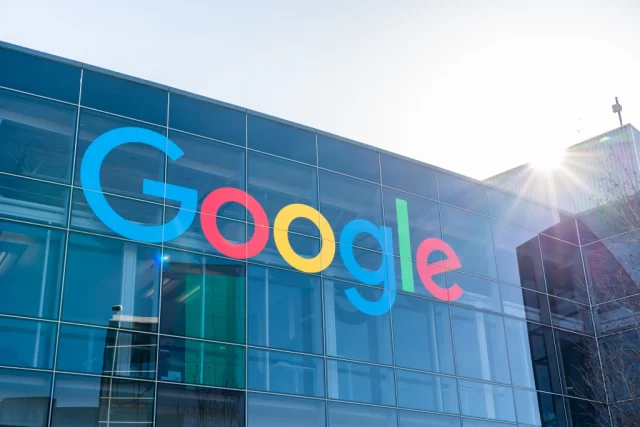
Though with a very dubious legal base (several Member states have expressed reservations), the European Commission has once again proposed a legally binding instrument, this time to regulate the relationship between media service providers, their recipients and online platforms of content, among other.
The core of the negotiations will be article 17 of the proposal. Here, the Council of the European Union wishes that media service providers are assured of their freedom of expression. Any provider of content declaring that it is editorially independent, exerts editorial responsibility and standards, and is recognised as a media service provider at national level should be exempt to removal of content by very large online platforms such as Google.
Google, in a non-paper published in March, argued that this would amount to privileging certain creators over other, plus it would risk harmful content from being readily accessed and available online. However, one could ask who is Google to determine what content developed by media service providers is harmful and what is not.
According to the Council proposal of 21 June, such very large platforms of content could indeed suspend or restrict the service on the grounds that the content is incompatible with the terms and conditions of the online intermediation services; in that case, the platform needs to communicate to the media service provider concerned the statement of reasons accompanying that decision and to grant the provider with an opportunity to reply prior to the restriction or suspension taking effect.
Google demanded that this bilateral communication only takes place for the removal of content, but not to the suspension or restriction of same. Furthermore, the U.S. giant has complained about the removal disappearing as a measure from article 17, to be replaced by the softer suspension and restriction, including with the mentioned limitations for implementation of the two latter.
The Commission proposal already previewed the case where the platform restricts or suspends the provision of media services without sufficient grounds. The solution envisaged would be for both parties, the platform and the media service provider, to engage in a meaningful and effective dialogue with a view to finding an amicable solution, for terminating unjustified restrictions or suspensions and avoiding them in the future.
This seems rather unsatisfactory, as it equals to accepting unjustified restrictions and suspensions in a present case. Even worse, the Council proposal requires that for the dialogue to be triggered, restrictions or suspensions without sufficient grounds need to take place “repeatedly”, thereby consolidating a censoring practice by Google and the like.
If one adds that capacity to recital 7, whereby user-generated content uploaded to an online platform is excluded from the concept of “media service”, unless it constitutes a professional activity, it becomes quite clear that the power of online platforms to remove, suspend or restrict content is awesome.
When Google states that it should not be obligated to carry all the content that users, including media service providers, may wish to upload on its platform, perhaps the limitation should be restricted to content undesired for children or posing a terrorist threat or a risk to defence, but not further than that.
It is not for private parties to exert censorship of sweeping consequences, under the general excuse that the content is “harmful”. If it infringes the community guidelines or terms of service, the bilateral procedure should apply, albeit with a final decision by a third party and not through consolidation of repeatedly unjustified restrictions. Otherwise, we would accept that journalists and media service providers face an overwhelming de facto and de jure interference in their editorial responsibility by the rather obscure powers of Silicon Valley.



 Subscribe
Subscribe